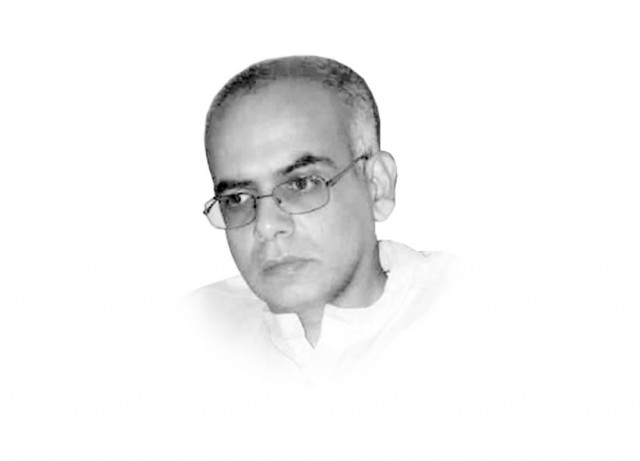How sustainable is the BISP?
Naming BISP after Benazir makes it viewed with suspicion by opposition, could jeaopordise it once PPP loses power.

When it was launched in 2008, the BISP had a fairly straightforward objective of providing monthly stipends of Rs1,000 to the poorest households across the country. Given the graft and nepotism associated with earlier cash transfer programmes –– including allegations that only supporters of the party in power receive such funds –– many feared the BISP would also go the same way.
Compared with other similar schemes in Pakistan, the BISP has evolved significantly since it commenced. For example, parliamentarians were initially asked to choose the beneficiaries of the scheme and the money was distributed through the postal system. However, due to donor pressure, incidents of people missing out on the money and fears of local politicians trying to direct its distribution, the government surveyed millions of households nationwide two years ago using a ‘poverty scorecard’ to establish who qualified for the help. They provided them debit cards to replace the use of postal workers. However, delayed disbursements and effective targeting of beneficiaries remain a major challenge.
Approximately 5.9 million beneficiaries qualified for the monthly cash grant based on the poverty scorecard survey but the BISP has been providing the grant to only 3.6 million families due to resource constraints and incomplete data from grant beneficiaries. The Ministry of Finance recently turned down the BISP’s budgetary request for the next year on the premise that it lacks the administrative capacity to extend its existing coverage. The World Bank, however, has signed a $150 million loan agreement for strengthening and expanding the BISP to cover 5.5 million families in order to ensure that beneficiary families are able to send their children to schools.
Recognising that giving money does not address underlying causes of poverty, many other cash transfer schemes around the world place conditions on recipients, such as sending at least one child to school or getting them vaccinated. The scheme is now trying to branch out into other areas including microfinance, skill training and provision of health and life insurance. The BISP chairperson said that the BISP is already providing life insurance coverage to a majority of its beneficiaries and a pilot project is underway in Faisalabad to add health insurance services as well. However, one wonders why the BISP took such a long time to adopt the supplemental measures.
International endorsement of the BISP has played a useful role in compelling the present government to target beneficiaries more effectively and broaden the scope of the scheme’s potential benefits. The BISP officials are even claiming that donor support for the BISP is an undisputed sign of its transparency and efficiency. Yet, some would argue that donors themselves help fund such social safety nets to sugar-coat the anti-poor impacts of their broader policy prescriptions. Putting aside analysis on this assertion for now, one can at least caution the PPP not to mistake donor involvement in the BISP as a sign of infallibility. After all, the donor community had also fully supported the devolution plan launched by the Pervez Musharraf government and lent the country a lot of money to promote it until the PPP-led democratic government came in and decided to disband the entire system.
Naming the BISP after Benazir Bhutto and having her image associated prominently with the programme, is viewed with suspicion by the opposition, which considers this initiative as primarily a vote-winning ploy by the PPP. This lingering perception will jeopardise the future of this scheme if the PPP loses power in the coming general elections.
Published in The Express Tribune, April 27th, 2012.













COMMENTS
Comments are moderated and generally will be posted if they are on-topic and not abusive.
For more information, please see our Comments FAQ